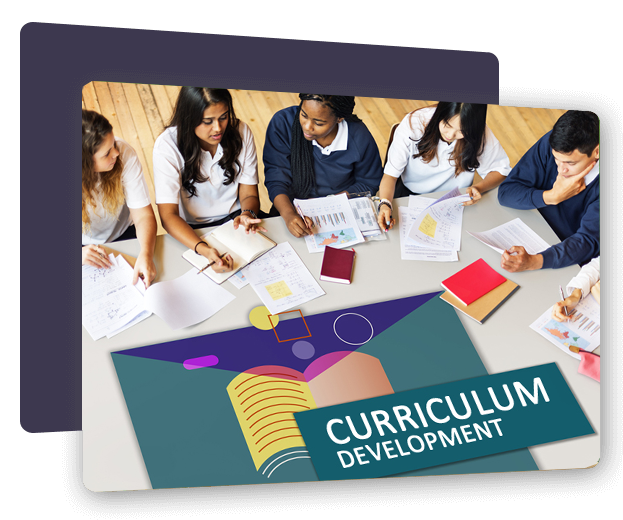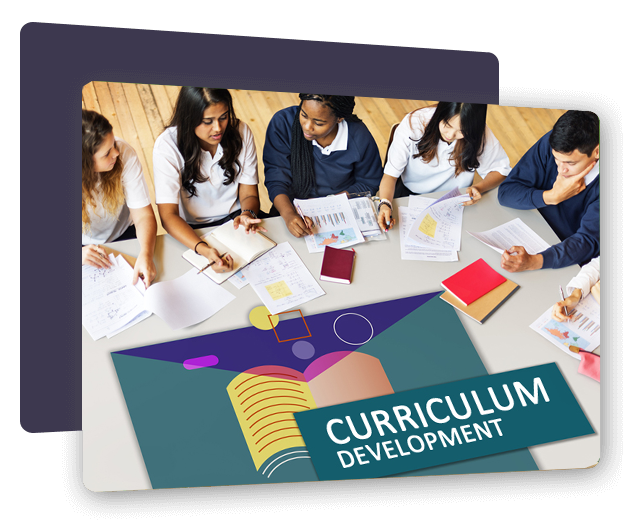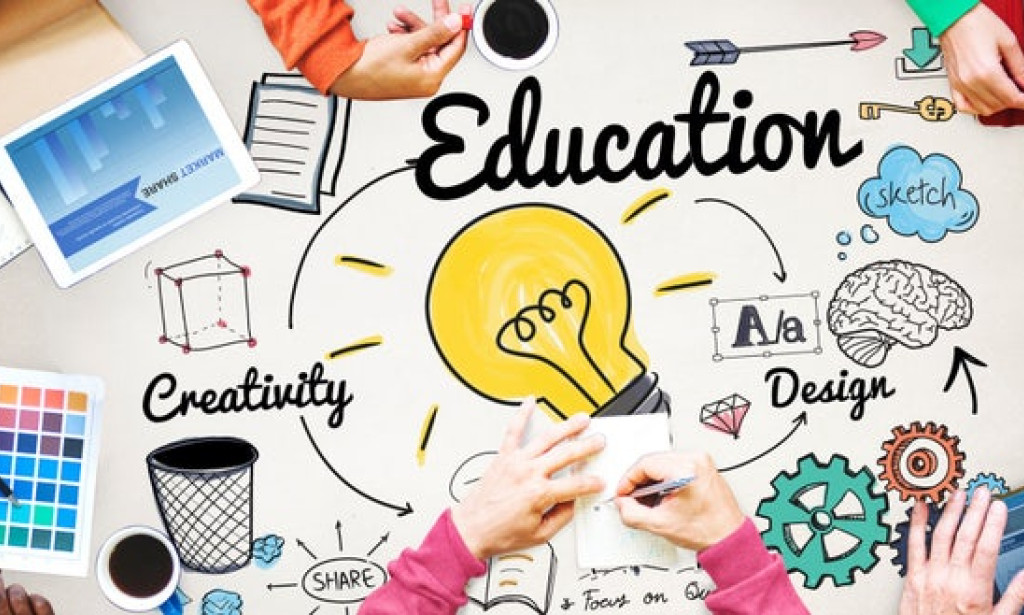Introduction.
Education is a multifaceted process that involves the acquisition of knowledge, skills, values, beliefs, and habits. It encompasses formal education provided by schools, colleges, and universities, as well as informal learning that occurs outside traditional educational institutions. Here are some key aspects and components of education

Formal Education:
This refers to structured learning provided by institutions such as schools, colleges, and universities. It typically follows a curriculum and is guided by trained educators. Formal education is organized into levels, including primary, secondary, and tertiary (higher education).
Informal Education:
Informal education occurs through daily life experiences, interactions with others, and self-directed learning. It includes activities such as reading books, watching documentaries, participating in hobbies, and engaging in discussions with peers. Informal education plays a crucial role in supplementing formal learning and fostering lifelong learning habits.

Curriculum:
The curriculum outlines the content and objectives of educational programs. It includes subjects such as mathematics, science, language arts, social studies, and the arts. Curricula are designed to provide a well-rounded education that prepares students for academic success and future careers.
Pedagogy:
Pedagogy refers to the methods and strategies used by educators to teach and engage students. Effective pedagogy considers students' learning styles, interests, and backgrounds, and incorporates a variety of instructional techniques such as lectures, discussions, hands-on activities, and technology-enhanced learning.

Assessment and Evaluation:
Assessment methods, such as tests, quizzes, projects, and presentations, are used to measure students' understanding and mastery of educational content. Evaluation involves analyzing assessment results to provide feedback to students and inform instructional decision-making.
Technology in Education:
Technology plays an increasingly important role in education, providing access to online resources, interactive learning platforms, virtual classrooms, and educational apps. Technology-enhanced learning facilitates personalized learning experiences, collaboration among students, and access to educational opportunities beyond the traditional classroom.
Inclusive Education:
Inclusive education aims to provide equal opportunities for all students, regardless of their background, abilities, or disabilities. It involves accommodating diverse learning needs, fostering a supportive learning environment, and promoting respect for individual differences.
Global Perspectives:
Education plays a crucial role in promoting global awareness, cultural understanding, and empathy. Global education initiatives aim to prepare students to become responsible global citizens who are aware of global issues, appreciate cultural diversity, and contribute to positive social change.
Lifelong Learning:
Lifelong learning emphasizes the importance of continuous personal and professional development throughout one's life. It involves acquiring new skills, updating existing knowledge, and adapting to changing circumstances in an ever-evolving world.
Socioeconomic Impact:
Education has far-reaching implications for individuals, communities, and societies. It is linked to economic growth, social mobility, health outcomes, civic engagement, and overall quality of life. Investing in education is essential for building prosperous, equitable, and sustainable societies
Educational Psychology:
This field explores how people learn and develop throughout their lives. Educational psychologists study factors such as cognitive processes, motivation, social interactions, and individual differences to understand effective teaching and learning strategies. Insights from educational psychology inform instructional practices, curriculum design, and student support services.
Teacher Training and Professional Development:
Effective teaching requires a combination of subject expertise, pedagogical skills, and a deep understanding of learners' needs. Teacher training programs prepare educators to create engaging learning environments, differentiate instruction, manage classroom dynamics, and assess student progress. Ongoing professional development opportunities help teachers stay current with research-based practices and adapt to new educational trends and technologies.
Special Education and Inclusive Practices:
Special education addresses the unique learning needs of students with disabilities, learning disorders, or developmental delays. Inclusive education promotes the full participation of all students, regardless of their abilities, in general education settings. Inclusive practices involve adapting instruction, providing accommodations, and fostering a supportive and inclusive school culture to ensure that every student has access to quality education and opportunities for success.
Early Childhood Education:
Early childhood education focuses on the development of young children from birth to around eight years old. High-quality early childhood programs provide a nurturing and stimulating environment that promotes physical, cognitive, social, and emotional development. Early childhood educators play a crucial role in laying the foundation for future learning and success by fostering curiosity, creativity, and a love of learning.

Higher Education and Research:
Higher education institutions, including universities, colleges, and research institutes, contribute to the advancement of knowledge through research, scholarship, and innovation. They offer undergraduate and graduate programs that prepare students for specialized careers, academic pursuits, and leadership roles. Higher education also serves as a hub for interdisciplinary collaboration, critical inquiry, and knowledge dissemination across various fields and disciplines.
Educational Policy and Reform:
Educational policy decisions made at local, national, and international levels shape the structure, funding, and governance of education systems. Education policymakers address issues such as curriculum standards, teacher qualifications, school funding, standardized testing, and educational equity. Education reforms aim to improve student outcomes, address systemic inequities, and respond to changing societal needs and priorities.
Parent and Community Engagement:
Collaboration between schools, families, and communities is essential for supporting student learning and well-being. Parent and community engagement initiatives involve partnerships between educators, parents, community organizations, and local stakeholders to enhance educational experiences, strengthen social support networks, and promote positive youth development. Engaged parents and communities contribute to school improvement efforts, student success, and community resilience.

Global Education Trends and Challenges:
Education systems worldwide face common challenges such as inadequate funding, teacher shortages, unequal access to quality education, and disparities in learning outcomes. Global education trends include the expansion of online and distance learning, the integration of technology into classrooms, the promotion of STEM (science, technology, engineering, and mathematics) education, and the emphasis on 21st-century skills such as critical thinking, communication, collaboration, and creativity. Addressing these challenges and harnessing emerging opportunities require collaborative efforts, innovative solutions, and a commitment to educational excellence and equity on a global scale.


You must be logged in to post a comment.